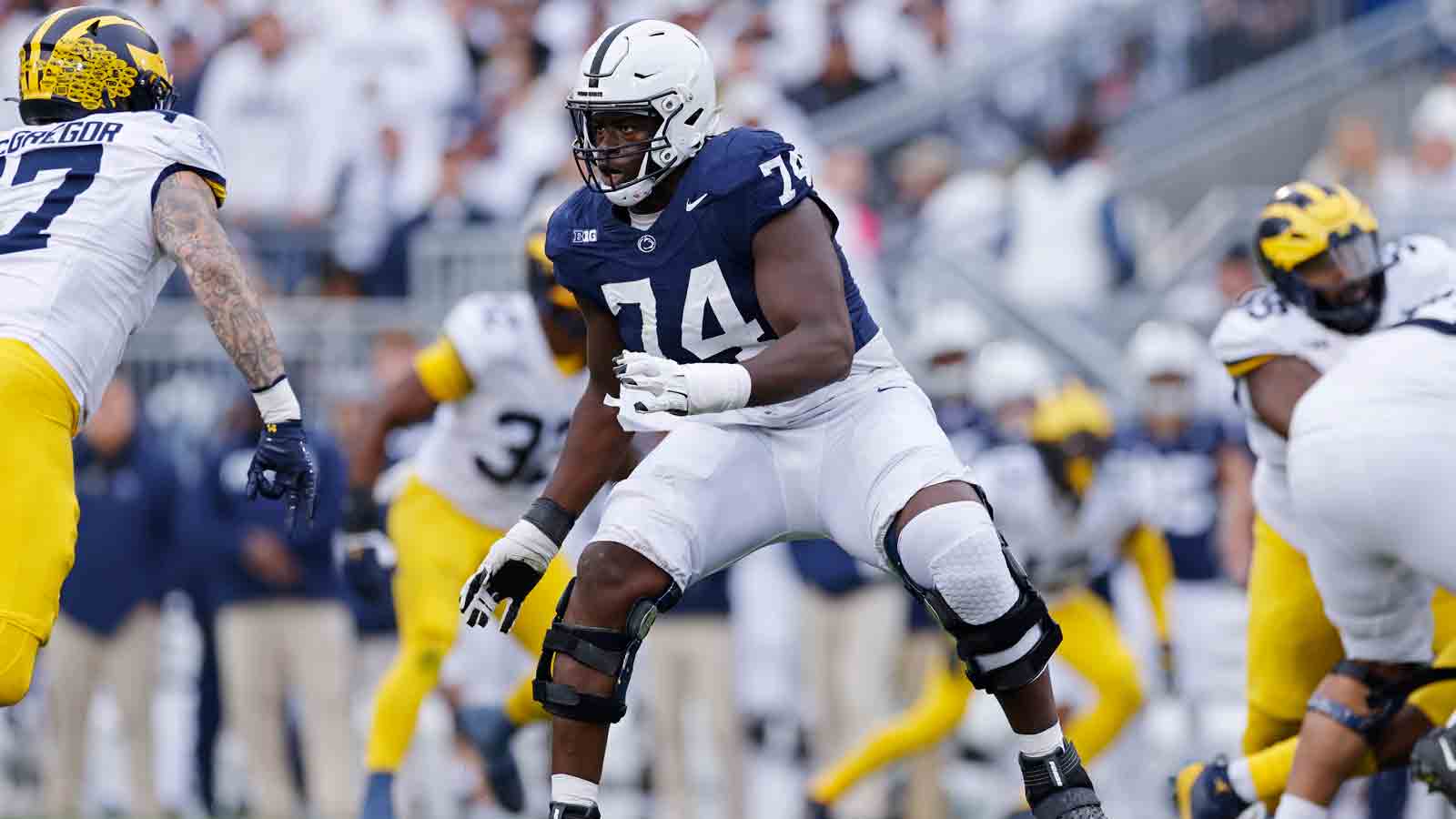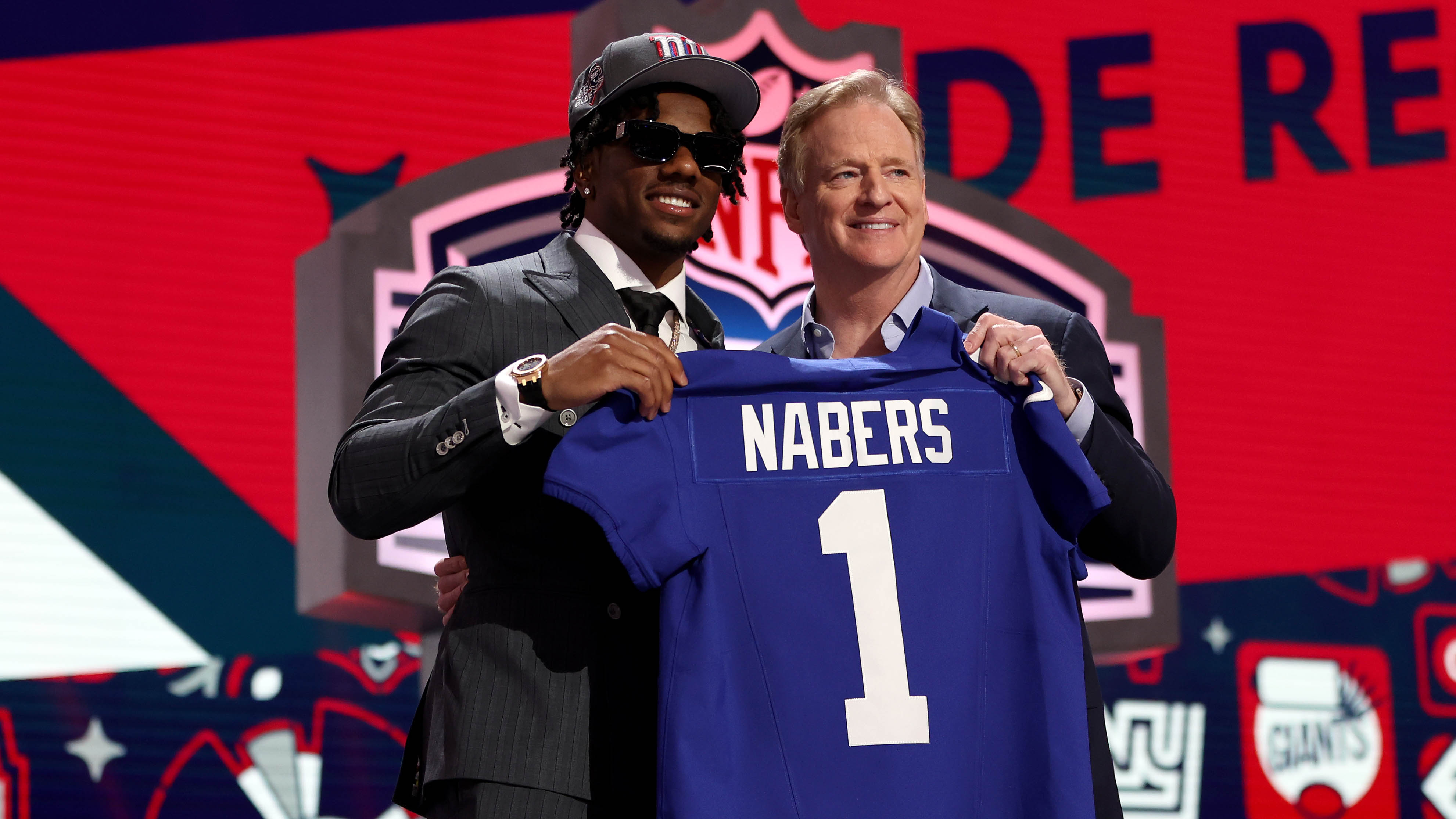The city and its teachers' union can't agree on how to evaluate the educators, an impasse that has put the nation's largest school district at risk of losing up to $450 million and reinvigorated the debate over whether teachers should be judged by student test scores.
The two sides blamed each other while Gov. Andrew Cuomo insisted a midnight Thursday deadline for a plan — required from each of the state's nearly 700 school districts — was firm. Every district in the state met the deadline, except for New York City and two smaller districts.
United Federation of Teachers President Michael Mulgrew blamed Mayor Michael Bloomberg for the impasse, saying the mayor "unilaterally walked away" from negotiations early Thursday. Mulgrew asserted that "the intransigence of the Bloomberg administration on key issues has made it impossible to reach agreement on a new teacher evaluation system."
Bloomberg told a news conference at City Hall that the union had made unreasonable demands, including a requirement that the evaluation deal sunset in June 2015. He said that would render the evaluation system "meaningless" because it takes two years to get an ineffective teacher out.
"If the agreement sunsetted in two years, the whole thing would be a joke. Nobody would ever be able to be removed," he said.
Without the evaluation plan, the district stands to lose $250 million in state aid and $200 million in grants. That's a small percentage of the city Department of Education's $19.7 billion operating budget, but the loss would be felt.
Teacher evaluations sparked a strike in Chicago last fall. Teachers walked off the job for seven days before returning and later approving a contract that reduced the percentage of teachers' evaluations based on test scores, down from a proposed 45 percent to the 30 percent set as the minimum by state law.
Local
A law passed in New York in 2010 required districts to submit evaluation plans. Twenty percent of the evaluations must be based on students' growth on state tests. Another 20 percent must be based on local measures and the remaining 60 percent must include classroom observations and can also include parent or student surveys.
Each of New York state's districts was told to submit a plan to the state Education Department for approval Jan. 17 or lose their increase in state aid. Two smaller districts — Fallsburg and Pine Plains — also missed the deadline and did not submit plans.
Cuomo insisted school districts and their unions had until the deadline to submit their plans "or they will forfeit the increase in education aid they have been counting on and both parties will have failed the children they serve."
"Almost every school district got this done in the state except New York City," Cuomo said Friday on WOR radio. "They've asked me several times would I extend the deadline and I said no because a deadline is a deadline."
It is unclear how New York City and the other two districts would make up a funding shortfall.
Not everyone was saddened by the news that no deal had been reached.
Outside the union's headquarters, Manhattan high school teacher Sebastian Natera gathered with others to protest if an agreement had been reached. He said he didn't support the new evaluation system, especially basing teacher performance partly on student test scores.
"I'm being tested on my students' ability to take a test," said Natera, who teaches literature and philosophy.
Bloomberg also faulted the union for wanting to double the number of arbitration hearings available to teachers who filed grievances as part of the evaluation process.
"That would make it, again, much harder to weed out ineffective teachers because more and more of these cases would go to arbitrators, and it would bog our principals down in lengthy arbitration hearings, taking precious time away from their duties as school leaders," Bloomberg said.
But Mulgrew responded: "I have never seen such a blatant misrepresentation of the facts."
He denied that the 2015 sunset provision was a new union demand, as the mayor claimed.
"For the mayor to say that came up at the last minute — he's lying," Mulgrew said.
Mulgrew said in a statement that Bloomberg "blew the deal up ... and despite the involvement of state officials we could not put it back together."
Later Thursday, the city said it went back and made another offer that was rejected by the union, but Mulgrew described it as a "sham." Details of that offer were not made available.
Mona Davids, president of the New York City Parents Union, said she blamed both the city Department of Education and the union for the breakdown in talks.
"They had an entire year to negotiate a teacher evaluation system and waited until the last minute to begin serious negotiations," she said. "With only 13 percent black and Latino high school graduates college ready, I guess nobody will ever be held accountable for failing to provide our children with a high quality education."
Meanwhile, the city's school bus strike entered its third day Friday. The strike, involving 8,800 bus drivers and aides, is the city's first in 34 years.
Bloomberg said the impasse over an evaluation plan and the bus strike had nothing to do with each other.



